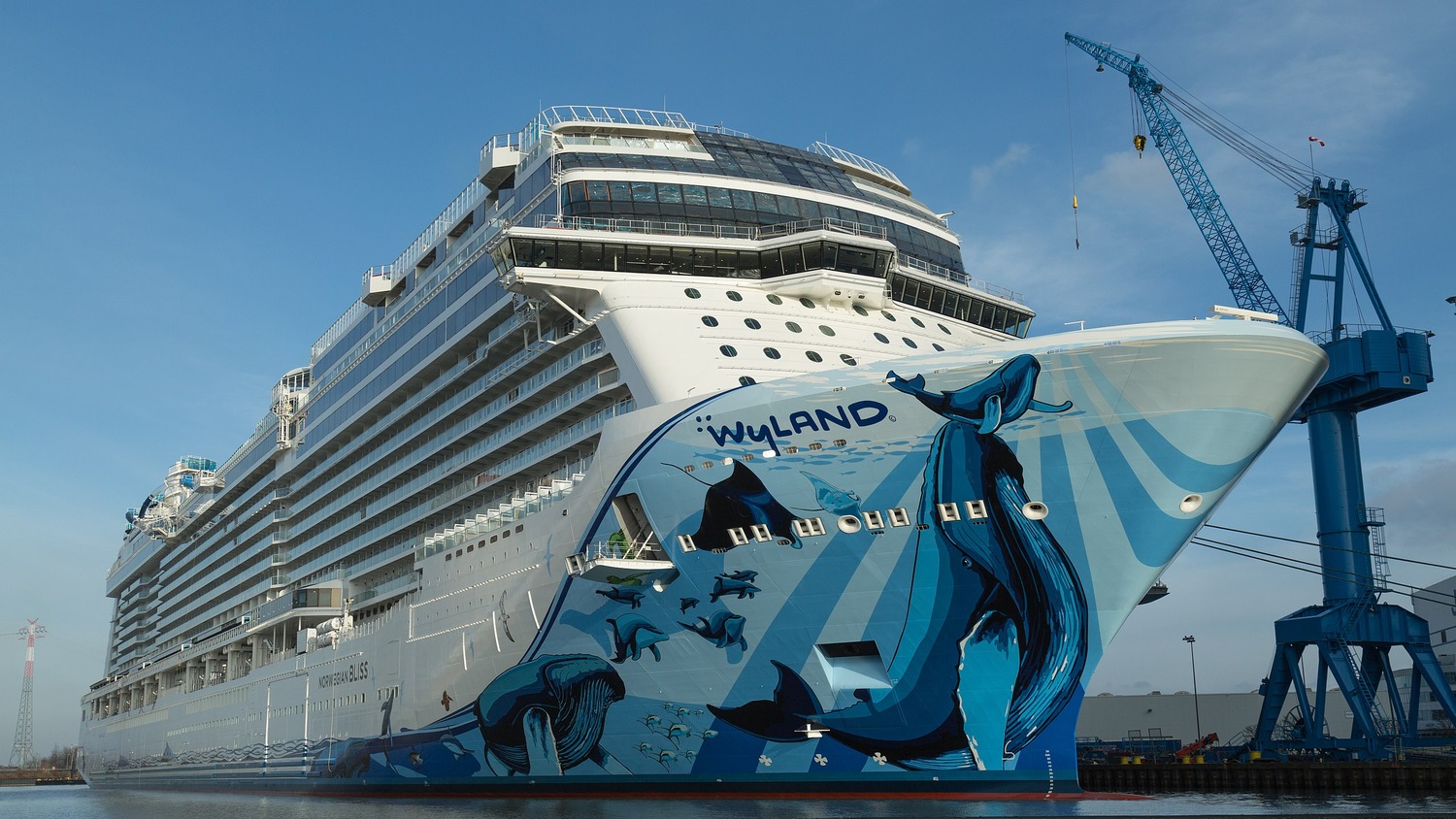Taxing the Cruise Companies: What Are the Options? What's the Impact?

Skift Take
U.S. Commerce Secretary Howard Lutnick called out cruise lines earlier this month for their “flag of convenience” status that allows them to avoid U.S. income taxes, and pledged that the Trump administration would make them pay.
The debate around taxation of cruise operators has been around for years.
Norwegian Cruise Lines, Royal Caribbean, and Carnival are all based in South Florida but incorporated abroad. Royal, for example, is a corporation of Liberia, in West Africa. Norwegian is incorporated in the Bahamas. That means the operators aren’t subject to U.S. corporate income tax, currently 21%.
Five years ago, when Congress was mulling which industries to aid amid the Covid-19 pandemic, the cruise lines were left out and borrowed billions to survive the industry shutdown. Post-pandemic, their business has been booming.
Critics contend that these companies source a large portion of their business – and income – from America and should not be allowed to escape U.S. tax obligations or to hire predominantly foreign workers who generally earn lower wages and benefits than Americans do.
What options does the Trump administration have? And
